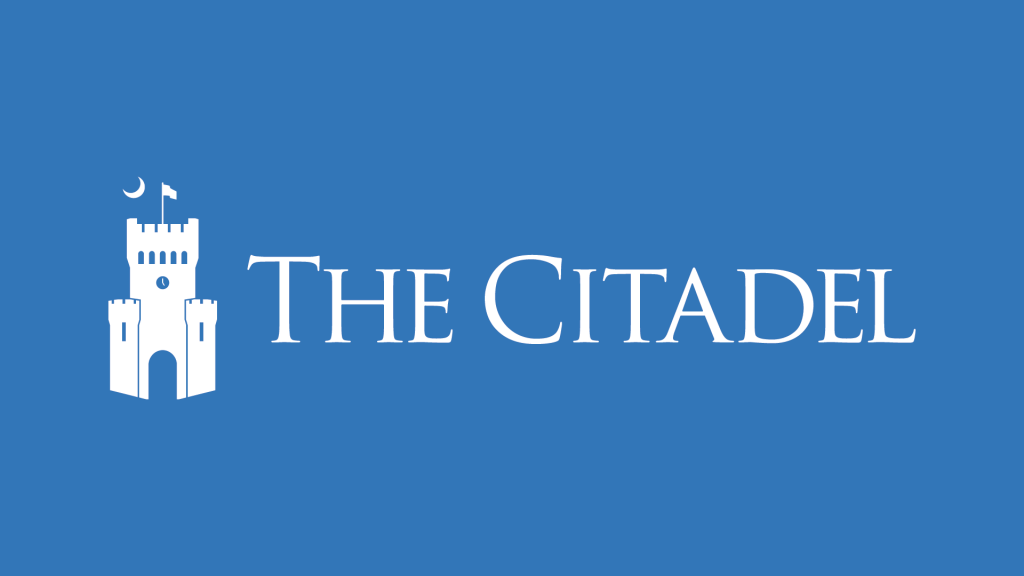
As seen in Charleston CEO, by Daren Fisher
It may not feel like it, but terrorism occurs rarely in the United States. Despite its prominence in the media, there were 6.4 times fewer terrorist attacks in the U.S. in the last ten years compared to the 1970s, according to the Global Terrorism Database. The U.S. averaged less than one terrorist attack every two weeks since 2000. In South Carolina, this number drops to less than one attack in every four years. These are the numbers.
It may not sell newspapers or attract social media followers to publicize the reality of terrorism, but sharing this message yields important economic benefits for communities and economies rebuilding after a terrorist attack. Advertising safety and security sells−particularly for cities and businesses relying upon tourism as a primary economic driver.
The real economic sting of terrorism
Terrorism has the ability to undermine tourism and its related ancillary benefits, causing widespread economic damage to a city. This was seen after the attacks in Paris, which were estimated to cost more than €2 billion in reduced consumer spending and tourism. With few exceptions however, the attack itself does not cause the damage. Instead, it is the threat of danger that follows an attack that intimidates travelers and inhibits economic recovery.
It is this fear of terrorism that leads to lasting impacts on hotels, restaurants, and retail outlets that rely on tourism. Terrorism that is viewed as persistent jeopardizes the decades of marketing that built a city’s positive image, along with its entire tourism industry. While the risk of terrorism anywhere in the U.S. is low, the fostered fear is real and can undermine previously booming economic markets.
How does this fear work?
Tourism in particular suffers when a terrorist attack targets travel or tourism companies, such as when tourists were attacked in Luxor, Egypt while visiting the Temple of Queen Hatshepsut. Travelers are likely to modify their behavior and choices, even when terrorists do not directly target the travel industry. They may change destinations to those locations that appear safer or simply take some protective measures when they travel.
The increased fear of terrorism can have broad geographic impacts. Travelers also often associate neighboring areas as being riskier destinations than before. While some travelers may alter their destinations to a nearby alternative, the net impact on terrorism to an entire region is likely to be negative.
The fear of terrorism may drive tourists away from states, countries, and even regions of the globe. Even when security is the hallmark of a brand or destination, for recent terrorist targets, many tourists consider terrorism likely to occur at some point in the future. With this in mind, all companies that rely on tourism for their survival have a stake in diminishing the fear of terrorism.
The good news
Marketing works. Cities and businesses that have cultivated highly attractive identities regularly experience rapid recovery in the aftermath of a crisis. It turns out that travelers are actually more than willing to discard ideas associating a place with a terrorist attack. Once tensions have subsided, advertising messages of resilience and successful recovery should be a business priority. Indeed, for some tourists, this type of marketing is more effective than discounting strategies for attracting business.
Among experienced travelers and regular customers, companies that invest in marketing both the safety and security of the surrounding areas are the most likely to maintain consumer confidence following a crisis. With most travelers being resigned to the fact that there is always some risk in everything they do, any efforts by companies to promote feelings of safety and security are likely to be prudent investments.
Proactive marketing campaigns are essential to recovering from terrorism. If travelers already believe a place to be safe, it is much easier for them to return to those previous notions of safety should an attack occur. It is not merely accurate to publicize that terrorism is a rare event in the United States, but doing so may also reap increased economic growth and long-term financial security for tourism destinations.

 Embracing the challenge: A Citadel cadet’s point of view from the Law of Armed Competition in Sanremo, Italy
Embracing the challenge: A Citadel cadet’s point of view from the Law of Armed Competition in Sanremo, Italy Preparing for The Citadel Class of 2024 commencement ceremonies
Preparing for The Citadel Class of 2024 commencement ceremonies Citadel cadet selected as finalist for prestigious Harry S. Truman Scholarship
Citadel cadet selected as finalist for prestigious Harry S. Truman Scholarship


